“The disconnection between Turkey and Egypt has created opportunities for both countries enemies and cost both countries and the Islamic world a great deal. Ankara and Cairo have no further option but to cooperate and collaborate… why not consider making a deal similar to the one that was made with Libya?”
The statements above come from Yasin Aktay, the Advisor to the President of the Justice and Development Party (AKP), who is considered one of the leading figures of the AKP’s policies towards the Arab world, and especially Egypt.
For those who have been following the process carefully, Aktay’s statements are not surprising. The first signal of the AKP’s change in policies related to Egypt came from Party Spokesman Omer Celik. On December 2, Celik said that the state of Egypt, as well as the Egyptian nation, has suffered because of the agreement between the Greek Cypriots and Greece.
Immediately afterwards, Foreign Minister Cavusoglu and President Erdogan respectively made statements indicating that they are ready to talk with the Eastern Mediterranean countries, but not with the Greek Administration of Southern Cyprus.
https://uwidata.com/6993-erdogan-putin-deal-4-key-points-of-the-turkish-russian-future-collaboration/
All of the statements were made after the agreement with Libya. The goal of supporting military actions in the Eastern Mediterranean with diplomatic actions is at the bottom of the change of discourse within the government.
However, if support for the Muslim Brotherhood (Ikhwan) continues, no concrete resolution from these actions can be obtained.
The question is clear: will this change be only in words or will it be turned into action? To speak openly, is there any chance that the AKP will actually give up on the Muslim Brotherhood in its foreign policy?
The AKP’s worries
It is unrealistic to expect the AKP, which has been shaping its foreign policy to support Ikhwan and groups close to them for the last 18 years, to suddenly withdraw its support for the organization.
However, it is also not possible for the AKP to continue this policy if it wants to pursue Turkey’s national interests and continue its shift toward Eurasia.
Therefore, it is not possible for alliances with groups close to Ikhwan (which are in line with Turkey’s interests in Syria and Libya) to be maintained in a medium or long term. A political change is needed.
There are certain factors that currently bind the AKP’s hand, such as the situation with Syrian refugees, the majority of whom are close to the groups that are being supported in Syria, as well as the promises that the Turkish government has made to these groups.
Moreover, there is a general mood of mistrust, especially in relation to the Damascus and Cairo administrations in light of long-lasting disagreements. This is one of the reasons that has pushed the AKP to change its policies.
However, the fact that the AKP is sharing its power in the domestic sphere and has forged an alliance with Eurasian forces internationally is pushing the government towards making a decision in relation to Ikhwan.
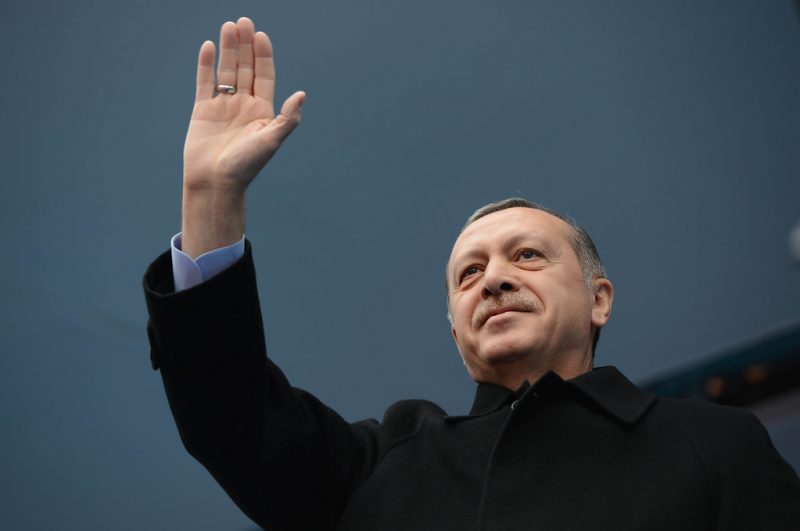
Flickr
Egypt’s expectations
I asked my Egyptian counterparts about the steps that would need to be taken to overcome the mutual insecurities mentioned above, about the Turkish government’s statements about Egypt and about Cairo’s support for a ceasefire agreement in Libya mediated by Turkey and Russia.
Former Deputy Foreign Minister Rakha Ahmed Hassan, a retired Egyptian diplomat whose views I mentioned in my last article, evaluated the situation in Libya with the following statements: “The Russians are trying to solve the Libyan issue using their good relations with Ankara and Cairo. It is clear that this is preparation for the Berlin Conference.”
When we asked Ahmed Hassan about the possibility of Moscow mediating between Ankara and Cairo, he gave this answer: “The power that mediates between Turkey and Egypt must first prevent Ankara from making statements on Egypt’s internal affairs. Another step for normalization of the relations would be to cut off support for the Muslim Brotherhood members being hosted in Turkey.”
I directed these same questions, along with others about the general situation, to Mohamed Sabreen, Managing Director of the Al Ahram Newspaper, which is considered the voice of the Egyptian state.
Sabreen summed up the view of the countries of the region regarding Libya, saying: “There are two important points about Libya:
- Countries in the region are not in favor of war. I do not think that anyone would want to create a second Syria in Libya. Let me add that the Egyptian authorities participated in the talks in Moscow.
- European countries are also in favor of stability in Libya in order to prevent a flow of refugees, which could pose a major threat to their nation-states.”
Sabreen also answered my question on Egypt’s opinion of Turkey and its expectations of Ankara:
“From the beginning of the crisis, Egypt wanted to build good relations with Turkey. We are aware that Turkey is an important country, and we are in favor of normalizing relations. The Cairo administration has a very simple demand from Ankara: stop making statements about our internal affairs.
Many Turkish businesspeople are active in Egypt and they are very successful. There is no problem between the two countries in terms of trade. Relations are going very well.
Turkey has managed to improve relations with Russia by taking the right diplomatic steps even though it shot down a Russian fighter jet not long ago. Why should the same diplomatic steps not be taken between Ankara and Cairo? Contacting via the media is dangerous and is open to manipulations. Concrete actions must be taken.”
I asked Sabreen what he meant by concrete actions, to which he replied:
“The process would begin if the Turkish authorities made a clear and solid statement that they will not interfere in Egypt’s internal affairs. A statement in this context, will stimulate the relations. We have to stop denying each other.”
“We do not need a mediator, there should be a direct meeting”
Sabreen is cautious about the Russian mediation between Ankara and Cairo; “The Russians will of course be happy to mediate, if they receive the signs from Ankara and Cairo. But why use a mediator when we can make direct contact?
We expect Turkey to take the initiative. A simple statement will facilitate the process. We can deal with issues such as the Eastern Mediterranean issue after the first initiative.
Let us turn the page and start a new chapter. I am confident that Egypt will give a positive answer to a small step taken by the Turkish side.”
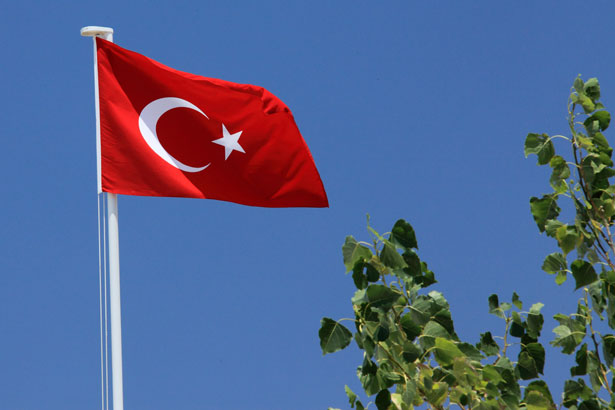
Public Domain Pictures
The roadmap
Statements made in Turkish government circles about starting a new dialogue with Egypt, as well as on officializing dialogue with the Syrian state through the intelligence officials, is a sign that the AKP is shifting away from relying on the Ikhwan card in its foreign policy, at least in regard to the axis of Cairo and Damascus.
On the Egyptian question, small but clear solid steps are needed for a dialogue to begin. The thing is that:
The first step can be taken, with a positive statement by the ruling authorities about the legitimacy of the Egyptian government.
- Restrictive moves against the media outlets targeting Egypt will facilitate the establishment of mutual trust, even if the senior members of Ikhwan hosted in Turkey are not deported.
- During this period, negotiations on the main issues, especially the Eastern Mediterranean issue, may begin through official or unofficial contacts.
If Turkey improves its relations with Cairo, a new wind will blow from the Eastern Mediterranean into the region.
Dialogue is the way to overcome distrust, and for its part, dialogue begins with mutual respect.







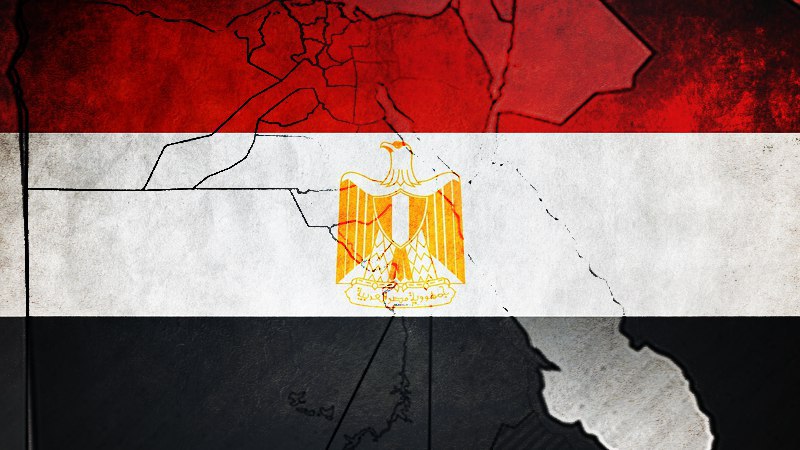

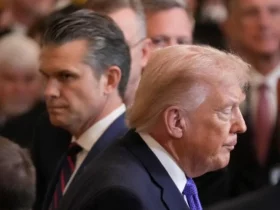
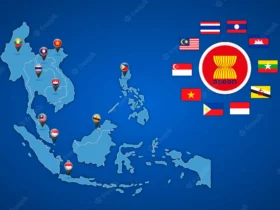
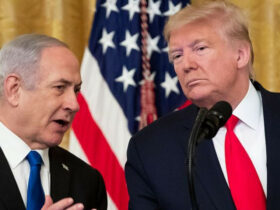





Leave a Reply